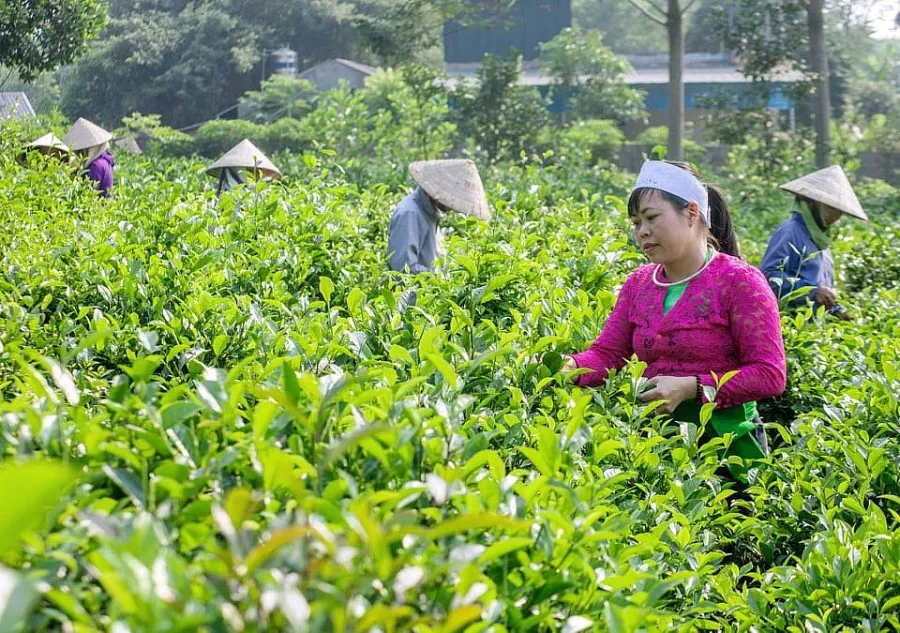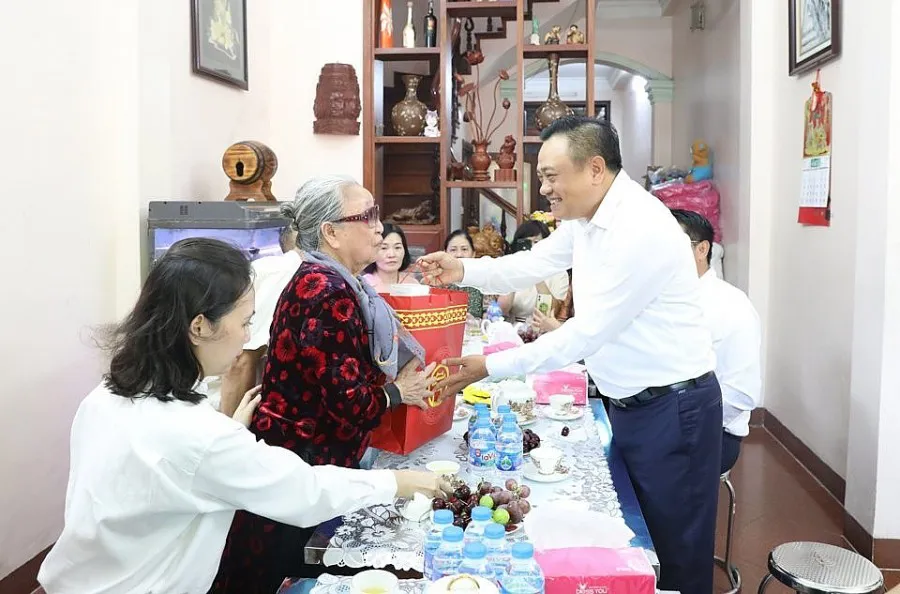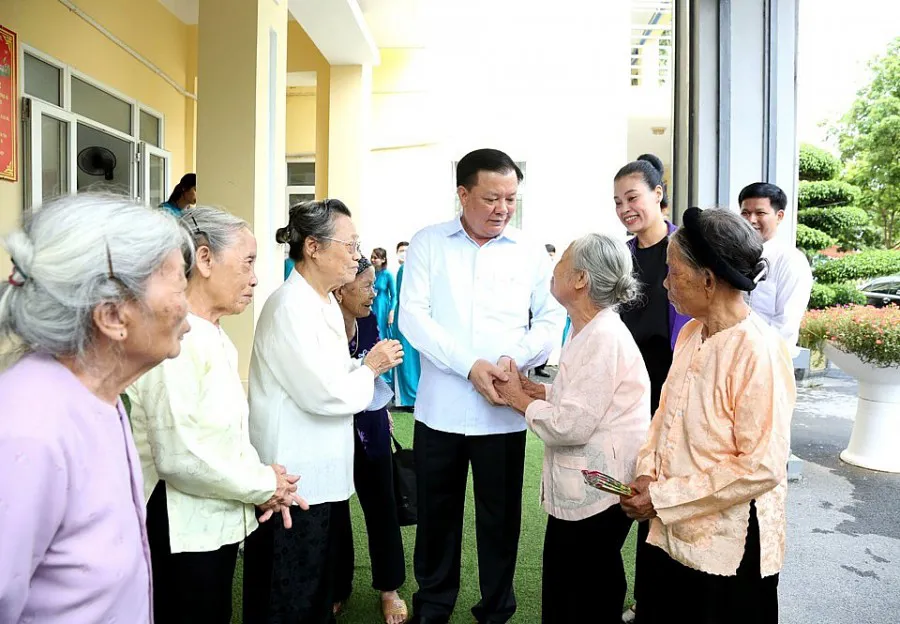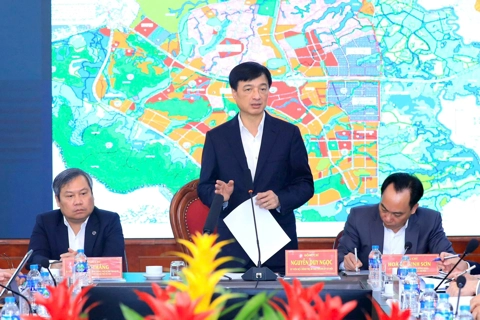Resolution 15 outcomes: Fifteen years of leaving no one behind
Hanoi has taken drastic measures to help those living in struggling areas to improve living standards.
The Government of Hanoi has approved a total budget of over VND1.5 trillion ($63 million) for poverty reduction policies in 2022-2025 to leave no one behind, according to Deputy Director of Hanoi Bank for Social Policies Pham Van Quyet.
Quyet noted that economic development accompanied by sustainable poverty reduction, job creation, and new-style rural construction has always been the city's consistent policy. "In addition to poverty reduction, the city government has taken seriously the lives of vulnerable people and ethnic minorities," Quyet stressed.
Nguyen Nguyen Quan, head of the Hanoi Committee for Ethnic Minorities, said that after the administrative boundary adjustment, the capital has 13 ethnic minority communes and one ethnic minority village.
"Fifteen years ago, when Hanoi and Ha Tay province were merged, the average per capita income of ethnic minorities was only about VND7 million ($295) a year, the rate of poor households was over 20%, and the socio-economic infrastructure was seriously backward, especially roads, irrigation systems, schools, and medical stations," Quan told local media.
Promoting the socio-economic development of the Ba Vi ethnic minority. Photo: Anh Duong |
Since then, the Hanoi People's Committee has allocated funds for comprehensive socio-economic development in ethnic minority areas. It is estimated that more than VND3 trillion ($126 million) from the city budget has been invested in hundreds of projects in this area, Quan added.
As a result, the capital's mountainous ethnic minority areas have seen positive changes. By the end of 2017, Hanoi no longer had any communes or villages with special difficulties. By 2022, 13/13 communes in ethnic minority areas have met new-style rural standards.
Currently, the per capita income of people in this area has reached about VND55 million ($2,321) per year; the number of poor households has rapidly decreased to only 0.96%.
Hau A Lenh, Minister and Chairman of the Committee for Ethnic Minorities, praised Hanoi as a leading example in socio-economic development, hunger eradication, poverty reduction, and the improvement of living standards for ethnic minorities.
After 15 years of administrative boundary adjustment, Hanoi has issued many specific policies to mobilize social resources and allocated substantial funds from the State budget to ensure social welfare. This is one of the key policy tasks for the city's sustainable socio-economic development.
Currently, Hanoi has 5.5 million people of working age. As a result of the city government's efforts to support and promote the labor market, jobs for 203,000 workers were created in 2022, achieving 126% of the annual plan, up 13% year-on-year.
Tran Sy Thanh, Chairman of the Hanoi People's Committee, presents gifts to a heroic Vietnamese mother in Mo Lao Ward, Ha Dong District. Photo: Anh Duong |
According to Hoang Thanh Thai, Deputy Director of the city's Department of Labor, Invalids and Social Affairs, the city has adopted solutions to comprehensively develop the labor market from the city to the district level, linking job supply and demand in Hanoi and between the city and other localities across the country.
At the same time, mindful that social and health insurances are an important pillar of the social security system, the city authorities have worked to increase Hanoi's health insurance coverage rate to 90.5% of the population. The rate of workers enrolled in social insurance and unemployment insurance accounts for 40% and 37.5% of the total number of people of working age, respectively.
Especially during the two years of the Covid-19 pandemic, the city successfully prevented the disease and helped people overcome difficulties. Those affected by the pandemic were supported promptly, with a budget of more than VND6 trillion (US$253 million).
The social service system has been gradually improved, and the educational infrastructure and teaching and learning facilities have been synchronized and modernized. The cultural and spiritual life of the people has been increasingly enhanced, and artistic and sports movements have been promoted.
The Government of Hanoi has approved the Housing Development Program for 2021-2030 to diversify housing supply to meet social needs and people's affordability. Hanoi has also focused resources on building and repairing houses for poor households, workers, students, and others.
Dinh Tien Dung, Secretary of the Hanoi Party Committee, visits the lonely elderly at Nursing Center No.2 in the outlying district of Ung Hoa. Photo: Anh Duong |














